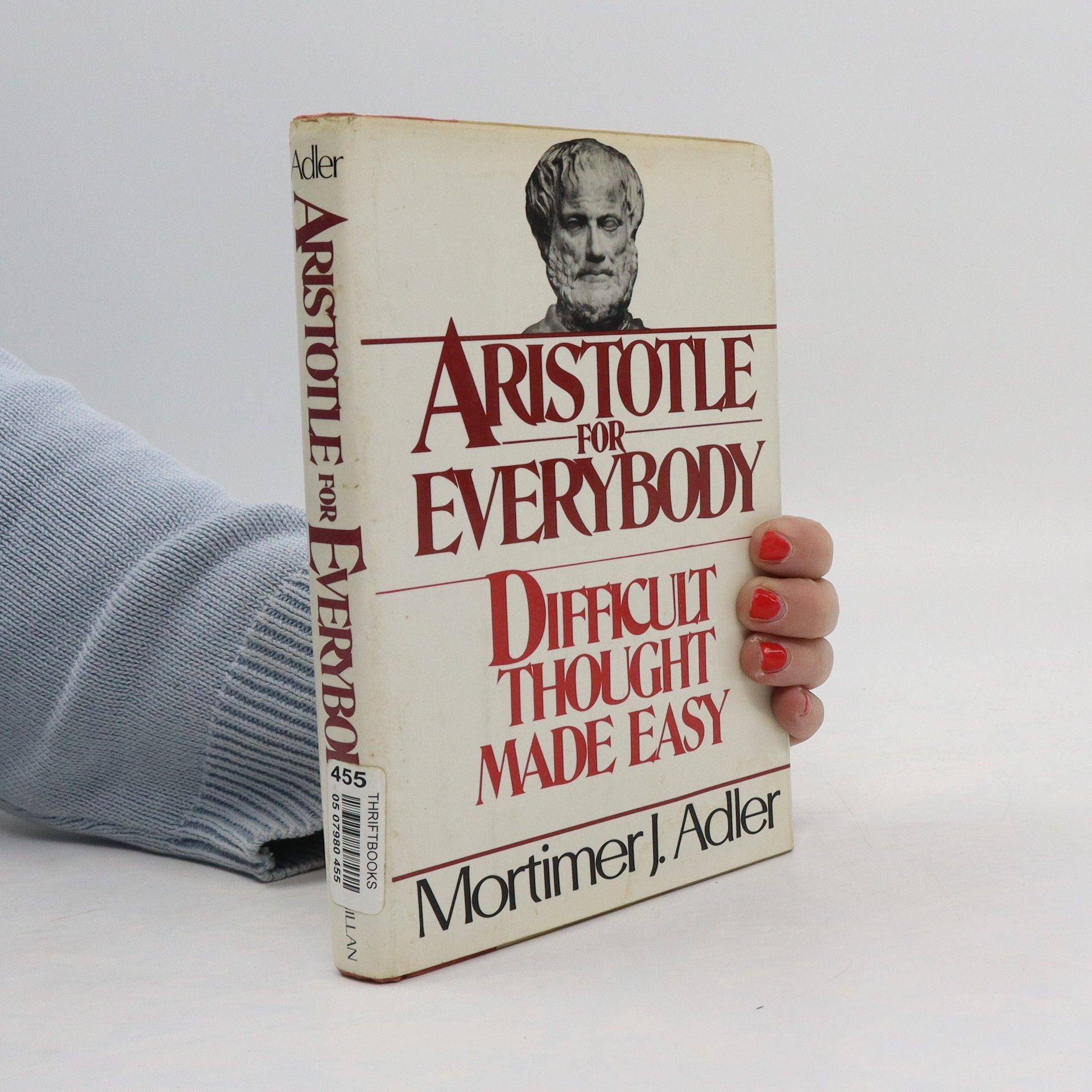The Great Ideas, Vol. 2
A Syntopicon of Great Books of the Western World
54 volume series of the Great Books, published by Britannica.1. The great conversation / by R.M. Hutchins 2-3. The great ideas 4. The Iliad of Homer. The Odyssey 5. Aeschylus. Sophocles. Euripides. Aristophanes 6. Herodotus. Thucydides 7. Plato 8-9. Aristotle 10. Hippocrates. Galen 11. Euclid. Archimedes. Appollonius of Perga. Nicomachus 12. Lucretius. Epictetus. Marcus Aurelius 13. Virgil 14. Plutarch 15. Tacitus 16. Ptolemy. Copernicus. Kepler 17. Plotinus 18. Augustine 19-20. Thomas Aquinas 21. Dante 22. Chaucer 23. Machiavelli. Hobbes 24. Rabelais 25. Montaigne 26-27. Shakespeare 28. Gilbert. Galileo. Harvey 29. Cervantes 30. Francis Bacon 31. Descartes. Spinoza 32. John Milton 33. Pascal 34. Newton. Huygens 35. Locke. Berkeley. Hume 36. Swift. Sterne 37. Henry Fielding 38. Montesquieu. Rousseau 39. Adam Smith 40-41. Gibbon 42. Kant 43. American state papers. The Federalist. J.S. Mill 44. Boswell 45. Lavoisier. Fourier. Faraday 46. Hegel 47. Goethe 48. Melville 49. Darwin 50. Marx 51. Tolstoy 52. Dostoevsky 53. William James 54. Freud.







